DR Congo blast kills schoolgirl, injures peacekeepers
The UN force has more than 20,000 troops in the country -- where it first deployed in 1999
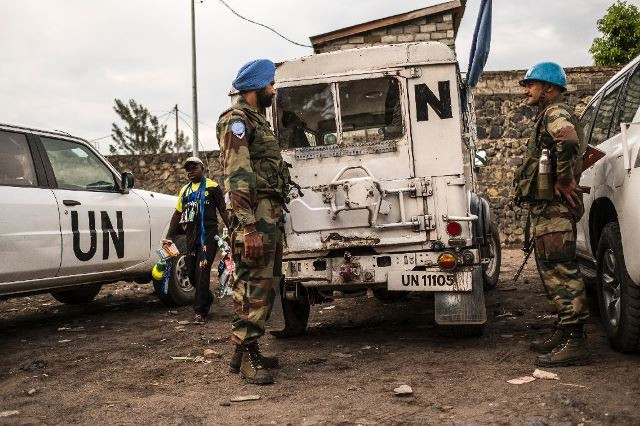
Indian Blue Helmet peacekeepers stand guard next to United Nations vehicles in Goma on November 8, 2016 PHOTO: AFP
"It was an explosive device," Charles-Antoine Bambara, spokesman for the MONUSCO peacekeeping force told AFP, adding that an investigation was underway.
The blast occurred just before 6:30 am as the peacekeepers were exercising in the Kyshero district of Goma. Bambara said two civilians were also among the toll of wounded.
UN peacekeeper, two civilians killed in Mali attack
A source close to MONUSCO who asked not to be named said the attack "deliberately targetted the peacekeepers at at time when they were unarmed." The source added that the "home-made" device had been hidden in a can and had been detonated remotely. The peacekeepers were taken to a UN military hospital.
The UN force has more than 20,000 troops in the country -- where it first deployed in 1999 -- protecting civilians and disarming dozens of rebel and splinter groups after two decades of conflict in the east of the country. Several hours after Tuesday's blast, blood could be seen drying on the dirt road, AFP journalists said. A group of children showed journalists about 10 twisted bolts as well as small metal balls. Witnesses said the metal fragments were spread out over an area 10 metres (yards) from the explosion and that MONUSCO and police officers collected most of them.
Santas Acenti Foruguta, a watchman at a nearby building site where a Catholic cathedral is under construction, said he fled as soon as he heard the explosion. When he returned a short time later, he said he saw Indian peacekeepers "putting injured people in sports gear into their vehicles" before going off, leaving behind the young girl who had been cut down by the explosion while on her way to school.
MONUSCO's mandate has been beefed up over the years. In 2013 its troops worked alongside Congolese army soldiers to dismantle the M23 rebel movement. DRC's political crisis deepened last month after a presidential election, which had been due before the year's end, was postponed until April 2018.
Kenya to withdraw from South Sudan after UN force head fired
The opposition has accused President Joseph Kabila, who has been in office since 2001, of manipulating the electoral system to stay in power after his second term ends on December 20.
A 2006 constitutional provision limits the presidency to two terms. The decision to delay the vote was taken in October by the government and fringe opposition groups following a "national dialogue" -- boycotted as a sham by much of the opposition -- to calm tensions.


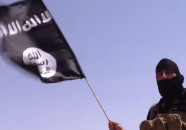

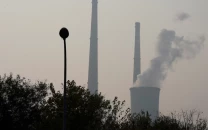
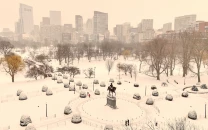
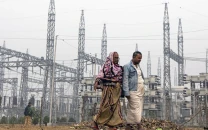











COMMENTS
Comments are moderated and generally will be posted if they are on-topic and not abusive.
For more information, please see our Comments FAQ